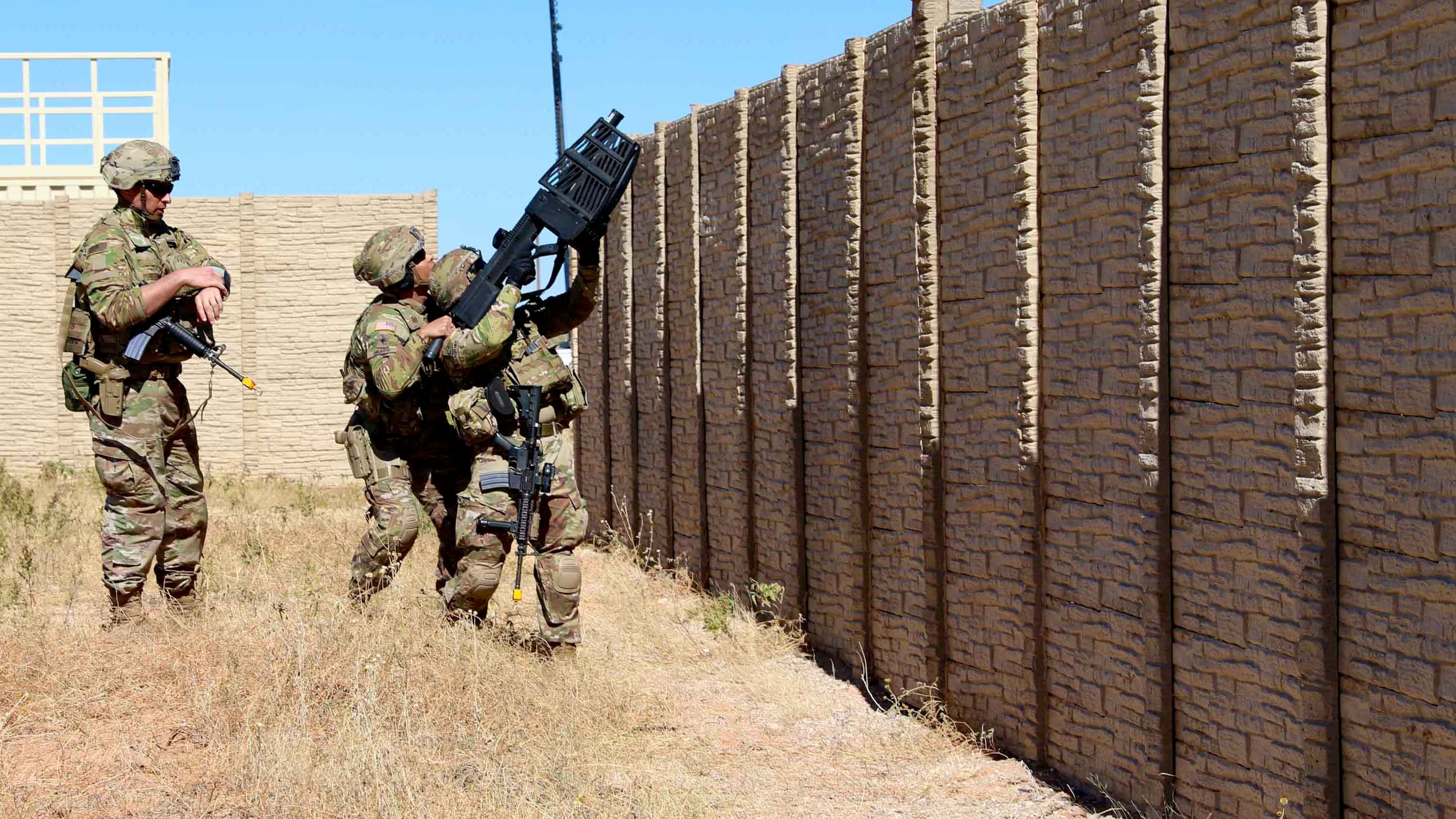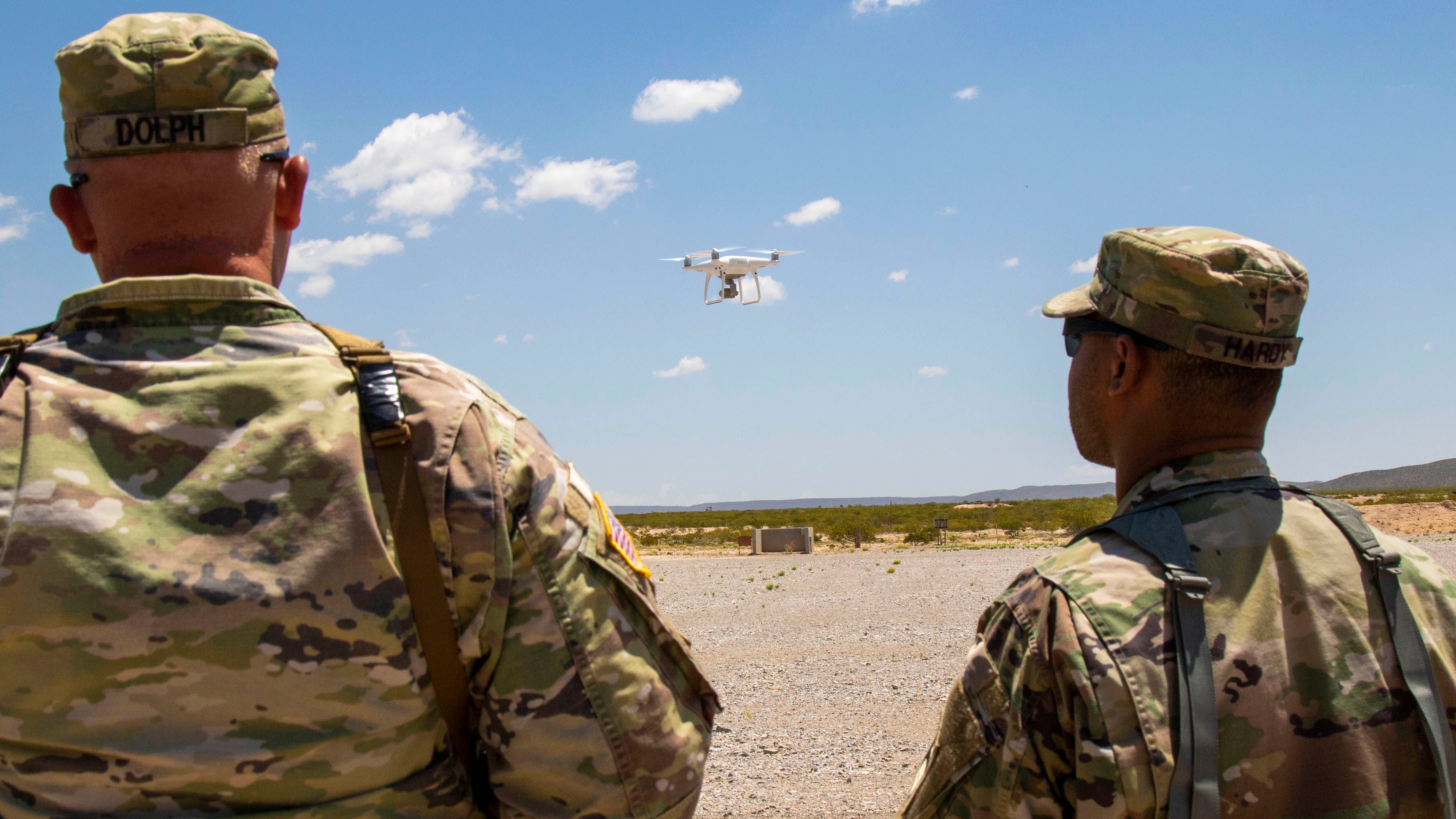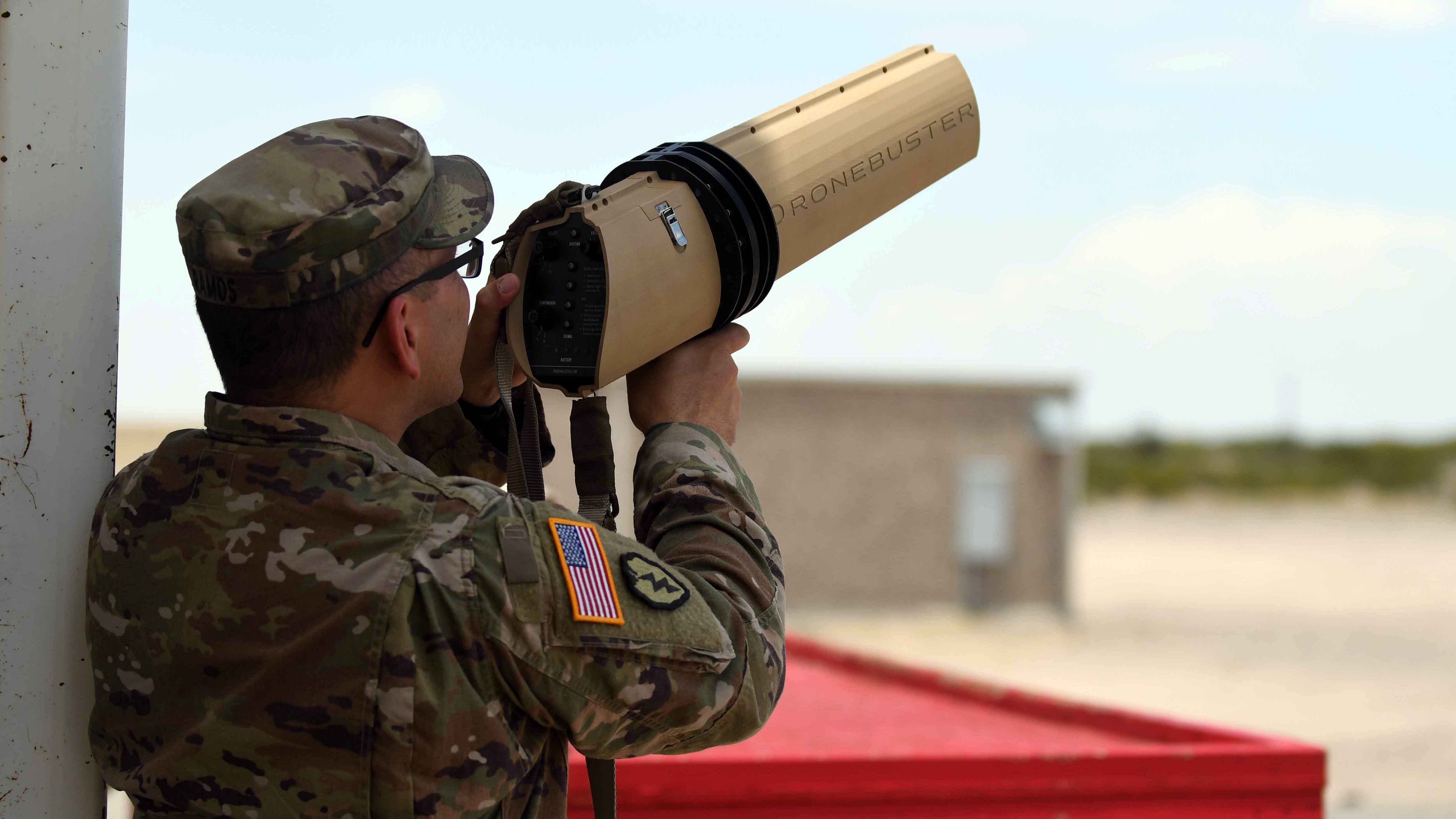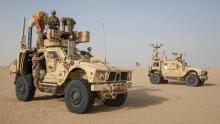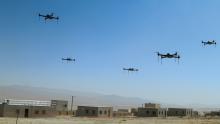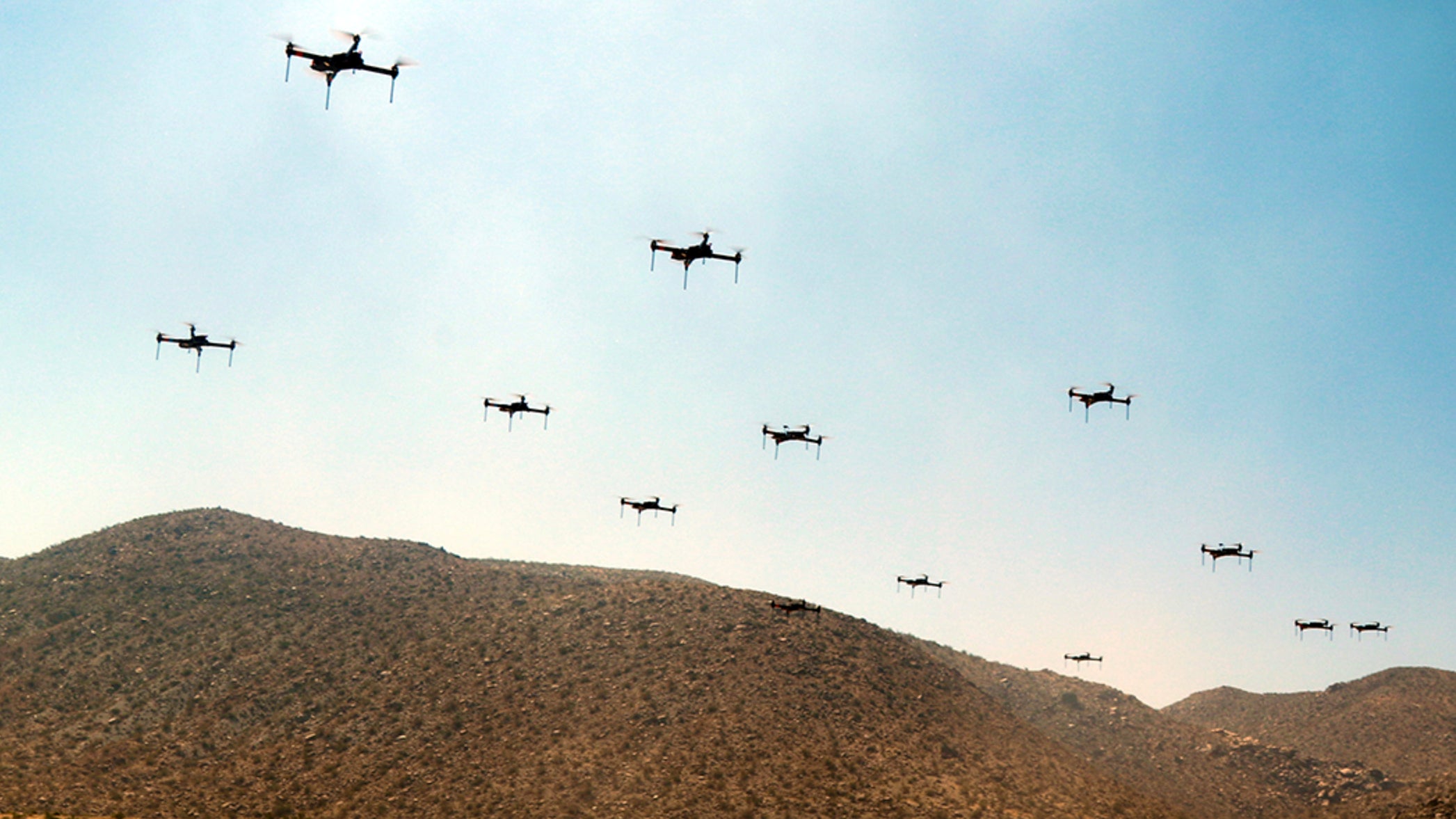Soldiers Train to Counter Growing Drone Threat
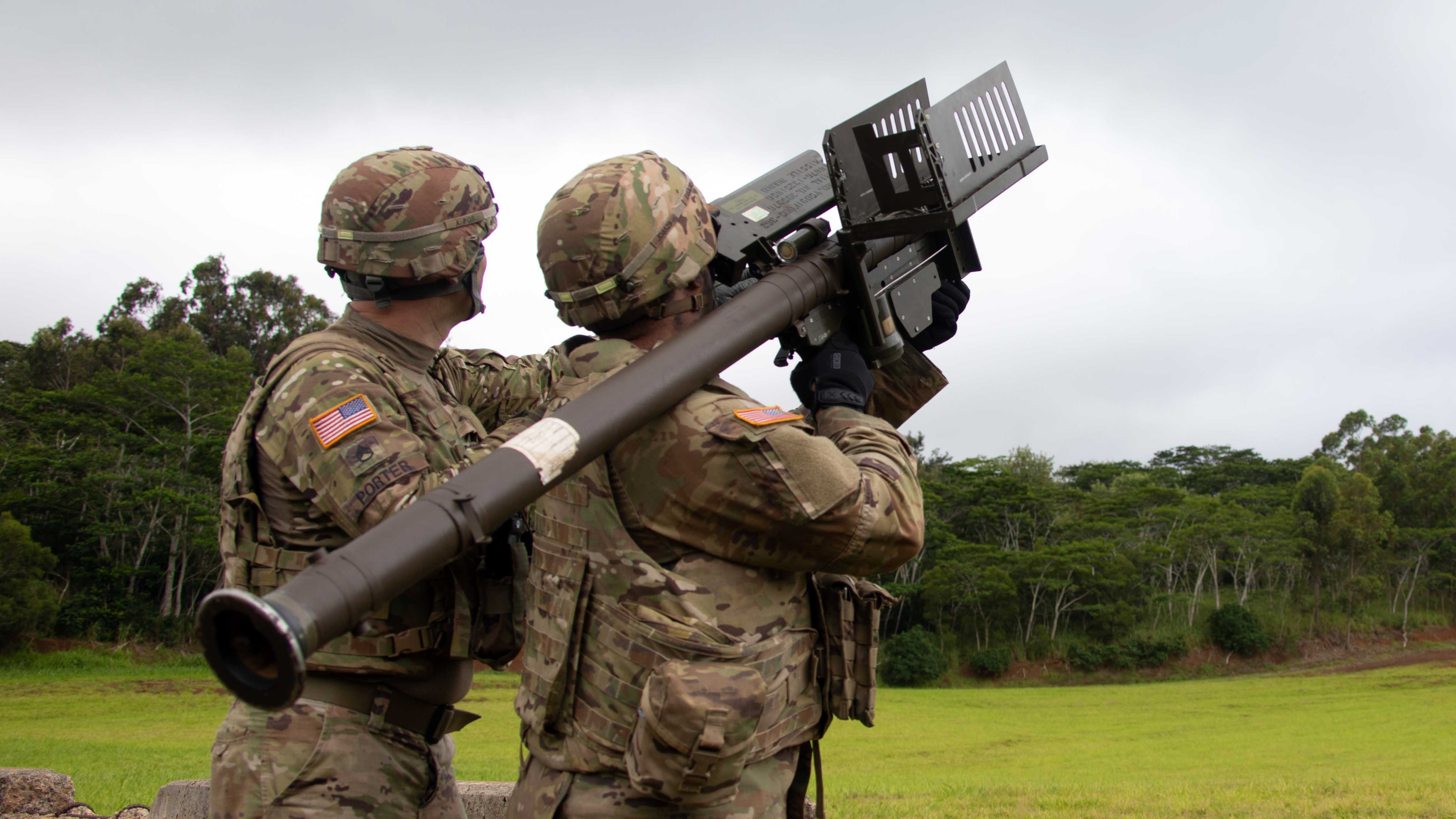
Lessons on drone warfare are being taken from the battlefields of Ukraine and infused into exercises at the Army’s combat training centers, Army Secretary Christine Wormuth said.
In testimony before the Senate Armed Services Committee, Wormuth, who testified alongside Army Chief of Staff Gen. Randy George, said the Army is “aggressively collecting lessons learned from what we’re seeing in Ukraine across the board.”


